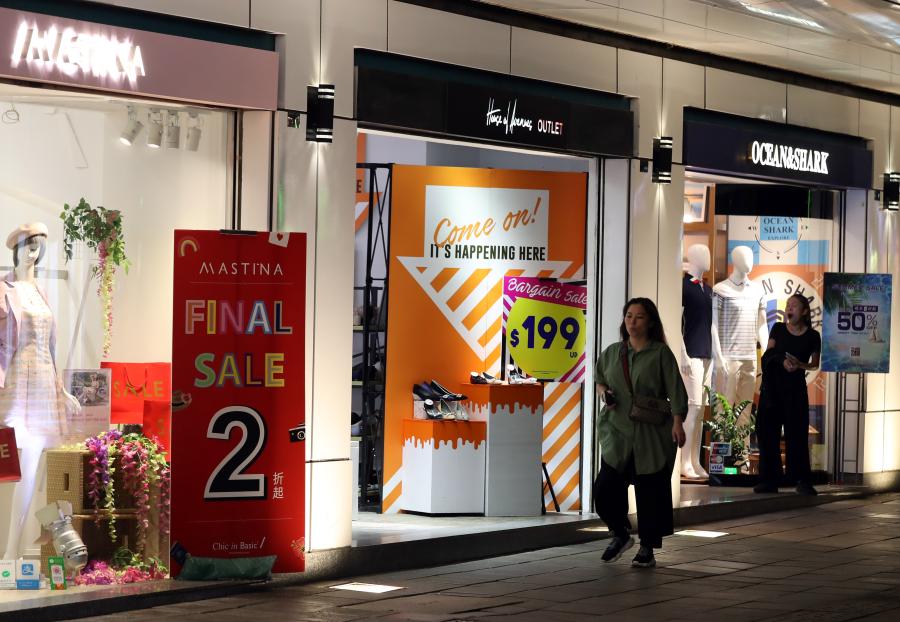Getting 'smarter' to survive


Consumer habits have also changed, prompting a reshuffle in various industries, such as the wide adoption of e-commerce.
"The pandemic marks a watershed (for e-commerce). I think going virtual will be the order of the day," said Ross Settles, an adjunct professor in the Journalism and Media Studies Centre at the University of Hong Kong.
"A lot of people who haven't really thought of going online as part of their business operations have been forced to do so. So over time, they'll get 'smart' to bring in new customers."
Go 'smart'
The pandemic took a heavy toll on Hong Kong cosmetics chain SaSa, which said its turnover plunged by more than 60 percent in the first half in 2020, compared to the same period in the previous year. The group, which used to run about 230 retail stores in Hong Kong and Macao, took to e-commerce, which paid off with an almost 70 percent year-on-year surge in sales in the third quarter of last year.
According to the group's financial report, its increased focus on online business by leveraging campaigns on WeChat and Taobao led to its online-to-offline business taking up more than 20 percent of total e-commerce turnover during the period.
Martin said COVID-19 has undoubtedly accelerated the integration of online and offline business activities. "Consumers rarely shop just online or offline. Most of them do both and don't care whether they're by online or offline as long as it's convenient to them."
- Cross-talk performance at Great Wall in Tianjin attracts over 1,500 spectators
- China sees rise in influenza, rhinovirus, and other respiratory infectious diseases
- Zhang Chaoyang emphasized active thinking in AI era
- CIIE concludes with record-high intended deals
- Lhasa's GDP grows 7.1 percent in first three quarters of 2025
- Co-hosting games boosts GBA integration





































